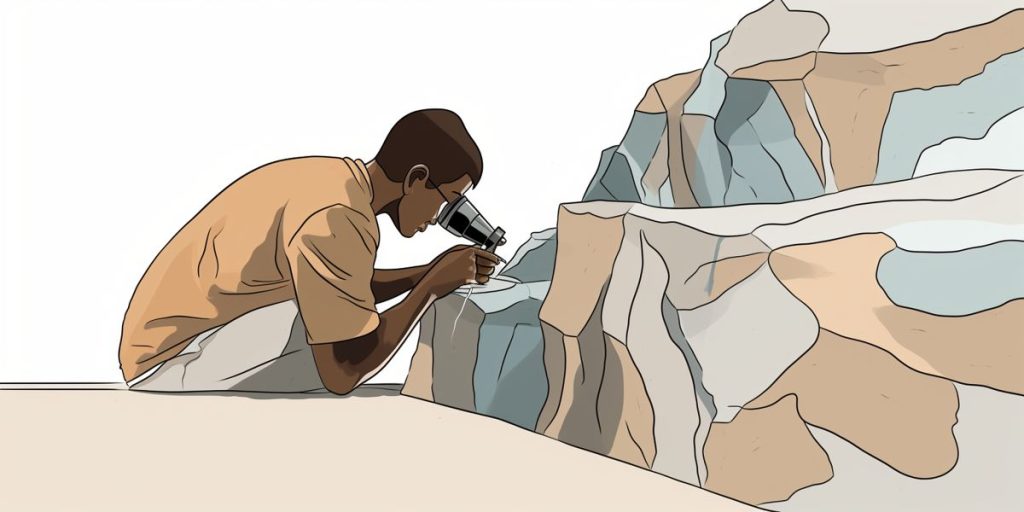The upcoming Palloures Archaeological Symposium will delve into various captivating topics, including the study of prehistoric excrement to gain insights into ancient diets, the exploration of cruciform figurines for a deeper understanding of prehistoric art and spirituality, the analysis of pottery to unveil ancient trade networks, the examination of botanical remains to understand prehistoric environments, and the excavation findings revealing the ancient urban developments of the Chalcolithic settlement of Palloures. The symposium will be held online, allowing individuals from all over the world to attend and learn about these fascinating discoveries.
What are the key topics of the upcoming Palloures Archaeological Symposium?
- Prehistoric Poo: Insights into ancient diets through the study of coprolites.
- Symbolism in Prehistoric Art: Examining cruciform figurines for spiritual understanding.
- Microscopic Marvels: Pottery analysis revealing ancient trade networks.
- Botanical Research: Understanding prehistoric environments via plant remains.
- Chalcolithic Settlement of Palloures: Discovering ancient urban developments from excavation findings.
Prehistoric Poo: A Window into Ancient Diets
The intriguing subject of prehistoric excrement, or coprolites, is set to take the center stage at the upcoming Palloures excavation winter symposium. Victor Klinkenberg from the University of Cyprus will delve into this topic, discussing the significant insights these ancient remnants provide into the diets and health of our ancestors.
Symbolism in Prehistoric Art
Bleda During of Leiden University, who serves as the project director, will explore the enigmatic cruciform figurines that populate our knowledge of the chalcolithic period. These artifacts offer a unique glimpse into the spiritual life of the time, providing clues about the beliefs and aesthetics of ancient civilizations.
Microscopic Marvels: Pottery Analysis Unveils Trade Networks
Maria Hadjigavriel will take attendees on a microscopic journey to uncover the origins and methods used in pottery production. Her research reveals a complex network of regional exchanges, painting a picture of widespread trading and cultural interactions.
Botanical Research Sheds Light on Prehistoric Environments
Kyriaky Tsirtsi and Evi Margaritis from the Cyprus Institute will present their findings from botanical research conducted at the site. The analysis of charred seeds, phytoliths, and starch remains gives us a clearer vision of the natural landscapes in which ancient peoples lived.
The Chalcolithic Settlement of Palloures
Since 2015, archaeologists have been diligently excavating the chalcolithic site of Palloures, located in Chlorakas. Their endeavors have revealed that about 5,000 years ago, this site was a bustling, large settlement. These findings are crucial to our understanding of ancient urban developments.
Join the Symposium
Those interested in these fascinating topics can participate in the online symposium on Thursday. Details about the research outcomes of the Palloures site will be thoroughly discussed in an informative and engaging format. Registration for this enlightening event can be done online.
To stay informed on the latest discoveries from this ancient site, you can visit the official website and follow the dedicated social media page. Additionally, the symposium will be broadcasted live on YouTube, allowing interested individuals from all over the world to witness the discussions and revelations as they unfold.
Quick Recap
- Prehistoric Poo: Insights into ancient diets through the study of coprolites.
- Symbolism in Prehistoric Art: Examining cruciform figurines for spiritual understanding.
- Microscopic Marvels: Pottery analysis revealing ancient trade networks.
- Botanical Research: Understanding prehistoric environments via plant remains.
- Chalcolithic Settlement of Palloures: Discovering ancient urban developments from excavation findings.

